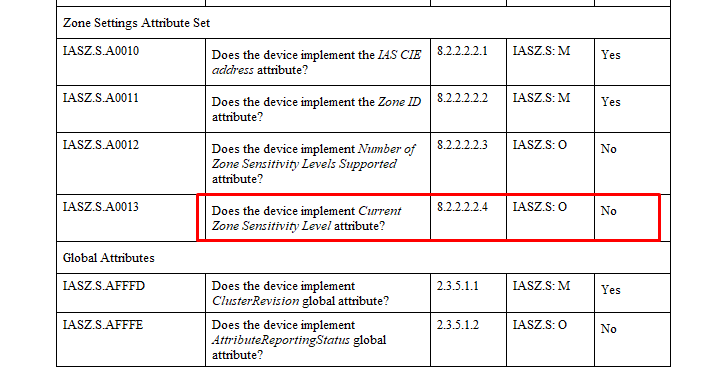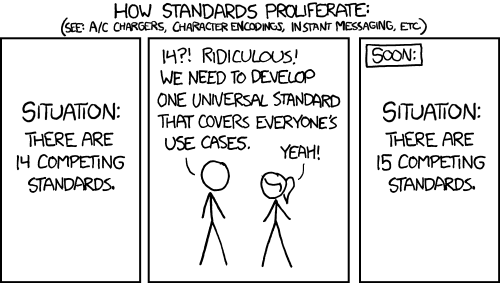Hi, this topic is intended to cover Matter/Thread news, that I found (or other forum members). Let's start.
#1: I noticed, that recenty Aqara started to push update for their hubs, to add Matter/Thread support. So, by the way, question to developers is: what is the approximate date for the implementation of Matter/Thread support, Q2? Q3? Q4?
#2: Aqara announced the release of new devices natively supporting Matter / Thread, quote:
The new sensors, i.e. the Door and Window Sensor P2 and the Motion and Light Sensor P2, are set to release in early 2023
source of info: Aqara Smart Home Industry News
and this is not all, because another source, is confirming information about that two mentioned previously sensors, and informs us about few more, quote
Aqara Video Doorbell G4
Aqara Presence Sensor FP2
Aqara Smart Lock U100
Aqara LED Strip T1
Aqara Door & Window Sensor P2
Aqara Motion & Light Sensor P2
Some of these devices were showcased at CES 2023 and are expected to hit the markets heading into Q2 of 2023.
source of info: Aqara Devices with Matter Support: Full List - SmartHomeScene
#3: What do you think about the compatibility issue, will Aqara follow the standards this time? With the advent of the Matter/Thread era, will we finally stop having problems with manufacturers doing what they want? Theoretically, Matter/Thread could usher in a new era where compatibility issues would disappear...



 ) - Yes!
) - Yes!

